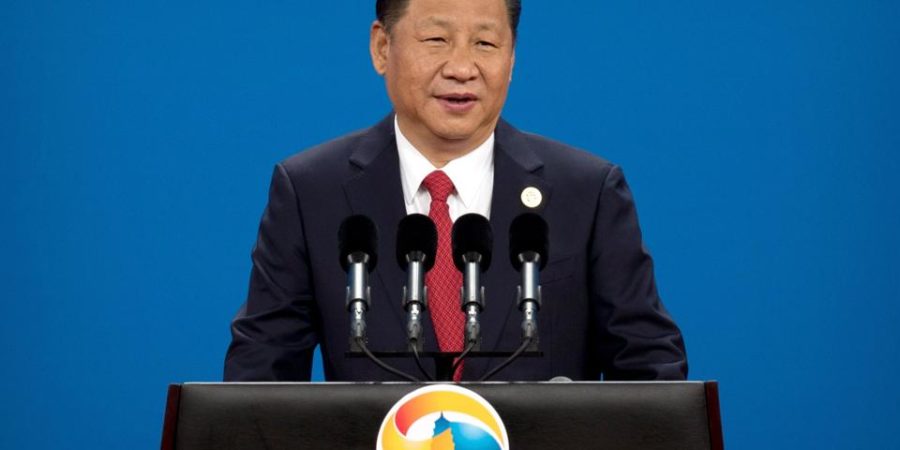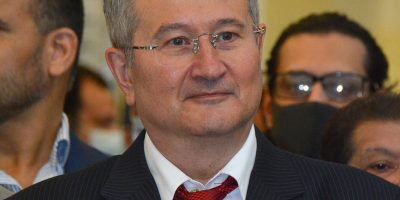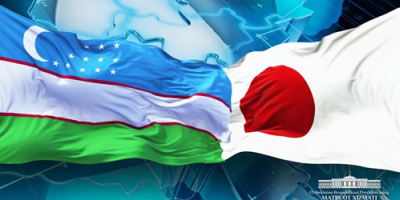Xi Jinping and China’s new era of glory

BEIJING, OCT 15 (DNA) – Two weeks after taking China’s top office in November 2012, Xi Jinping took part in what seemed like a throwaway photo op.
He gathered his top lieutenants at the newly renovated National Museum of China, a vast hall stuffed with relics of China’s glorious past: terra-cotta soldiers from Xi’an, glazed statues from the Tang dynasty and rare bronzes from the distant Shang dynasty.
But Xi chose as his backdrop a darker exhibition: “The Road of Rejuvenation.” It tells the story of how China was laid low by foreign countries in the 19th and 20th centuries but is now on the path back to glory.
There, in front of images of China’s subjugation, Xi announced that his dream was to complete this sacred task. This soon became the “China Dream” and has shaped his rule ever since.
With Xi about to be reappointed to another five-year term in a Communist Party conference that begins Wednesday, it’s worth remembering this visit. Many of Xi’s accomplishments and his likely plans for the future are underpinned by an idealistic view that China’s 200-year eclipse is ending now, and it is his mission to lead a rigidly controlled China back to the centre of the world stage.
For foreigners, this means getting used to a China that is stronger and more assertive — but possibly more brittle — than in the past.
If Xi is successful, his China could become a model for digitally driven authoritarianism around the world, while failure could force a reconsideration of the wisdom of trying to force-march a country to modernity.
China’s new role is hard to miss in foreign affairs. Beijing has moved aggressively to enforce historically dubious claims to international waters and islands far from its shores, building reefs into islands and making the bizarre assertion that the economic zones around them are Chinese waters — arguments contrary to any independent interpretation of international law.
China has also begun pulling small countries on its periphery into its orbit through a lavish infrastructure plan called the “One Belt, One Road” initiative, in the process propping up regimes that are sliding away from democracy in Thailand, Myanmar and Cambodia.
These ambitious policies to dominate the region are paralleled by tough measures at home. For five years, Xi has led a fierce campaign against corruption, which arguably was the biggest threat to the party’s long-term ability to rule.
But he’s also leveraged this crackdown to sideline political rivals, admitting as much last year when he said that high-ranking officials arrested for corruption had been engaging in “political conspiracies.”
A sophisticated program of domestic surveillance is part of this strategy. The government has encouraged provinces to experiment with a system of “social credit” that rates people on how they behave — from financial delinquency to being too critical online — and then limiting the freedom of offenders, for example by restricting their ability to get promoted or travel on trains or planes, something German political scientist Sebastian Heilmann calls “digital Leninism.”
Nationally, this new policy of refined coercion has eradicated public dissent. Previous leaders disliked alternative viewpoints, but small bookstores, regional newspapers, think tanks and, for a while, social media allowed some space for differing views. Now these channels are all but closed.
For the past five years, for example, I’ve been conducting a series of question-and-answer sessions with dozens of Chinese intellectuals. It’s hardly an exaggeration to say that almost all of these people have been silenced, their access to any sort of media outlet blocked.
Not all of this started with Xi. China’s military expansion — its two new aircraft carriers, for example — is backed by decades of patient modernization.
The shutting down of social media accounts also began before Xi took office. And then there’s the broader issue of China’s being a wealthier and more powerful country; under any leader, Beijing was going to shake off its reticence.=DNA
=============
Related News

Ukrainian Ambassador rejects Russian narrative
Ambassador Chuchuk also highlighted alleged crimes against Ukrainian children, including unlawful deportations, forced transfers andRead More

Uzbekistan–Japan: Expanding the Boundaries of Strategic Partnership
In December 2025, the President of Uzbekistan Shavkat Mirziyoyev will pay an official visit toRead More


Comments are Closed